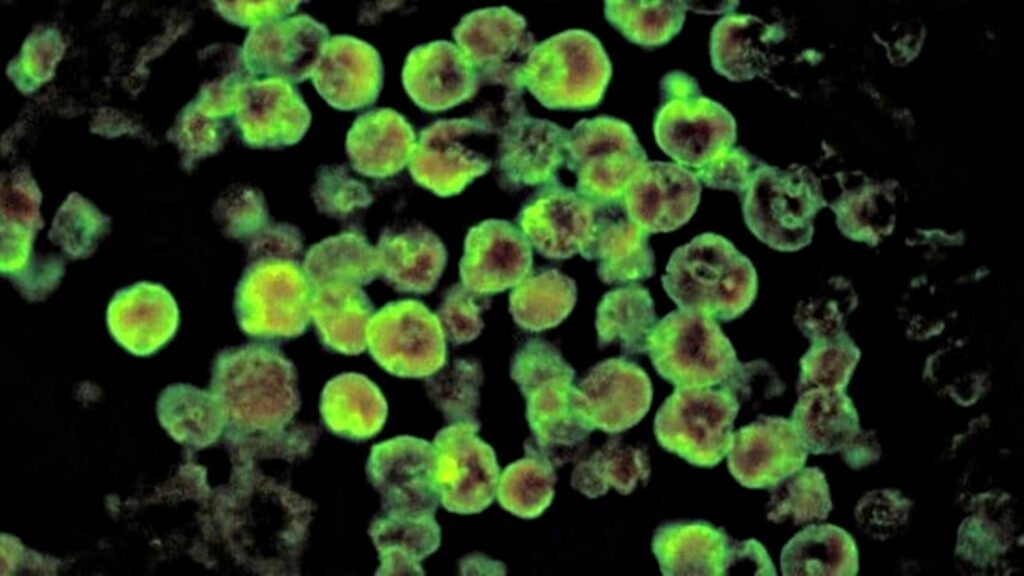Amid speculations about the detection of a possible case of amoebic encephalitis, a deadly disease being reported from neighbouring Kerala in unusual numbers, doctors in Bengaluru have clarified that the recent death of a 26-year-old man had nothing to do with it.
Claims about the fatal disease affecting people in Bengaluru surfaced after Shiju, a resident of the state capital, died on September 26. His family members said that Shiju died after suffering from fever along with bouts of serious headache.
“On Tuesday night, he started vomiting and later fell unconscious. He was rushed to hospital,” Shiju’s elder sister Sherin told indianexpress.com.
When he lost consciousness, he suffered from epileptic seizures leading to doubts that it was a possible case of amoebic encephalitis. “Initially, when he was admitted to the hospital, the doctors asked whether he had gone to Kerala,” she said, confirming that he had visited the state recently for a marriage in the family.
Shiju’s samples were sent to the National Institute of Mental Health and Neurosciences (NIMHANS), Bengaluru, but there was no sign of the disease, she said. He died on Friday after doctors advised him to be removed from the ventilator as he had lost all motor and sensory capabilities, Sherin added.
When contacted, authorities at the Baptiste Hospital in Bengaluru, where Shiju was treated, said that Nimhans did not find signs of infection due to amoebic encephalitis, or primary amoebic meningoencephalitis (PAM).
“The patient was found to have pyogenic encephalitis,” an official from the hospital said in response to a query.
Story continues below this ad
Since January, 19 deaths due to amoebic encephalitis have been reported in Kerala. The disease is caused by the amoeba Naegleria fowleri, found in warm and hot freshwater bodies such as ponds and lakes. The amoeba can infect the brain if inhaled through the nose while swimming or involving in other activities in waterbodies where the microbe is present.

